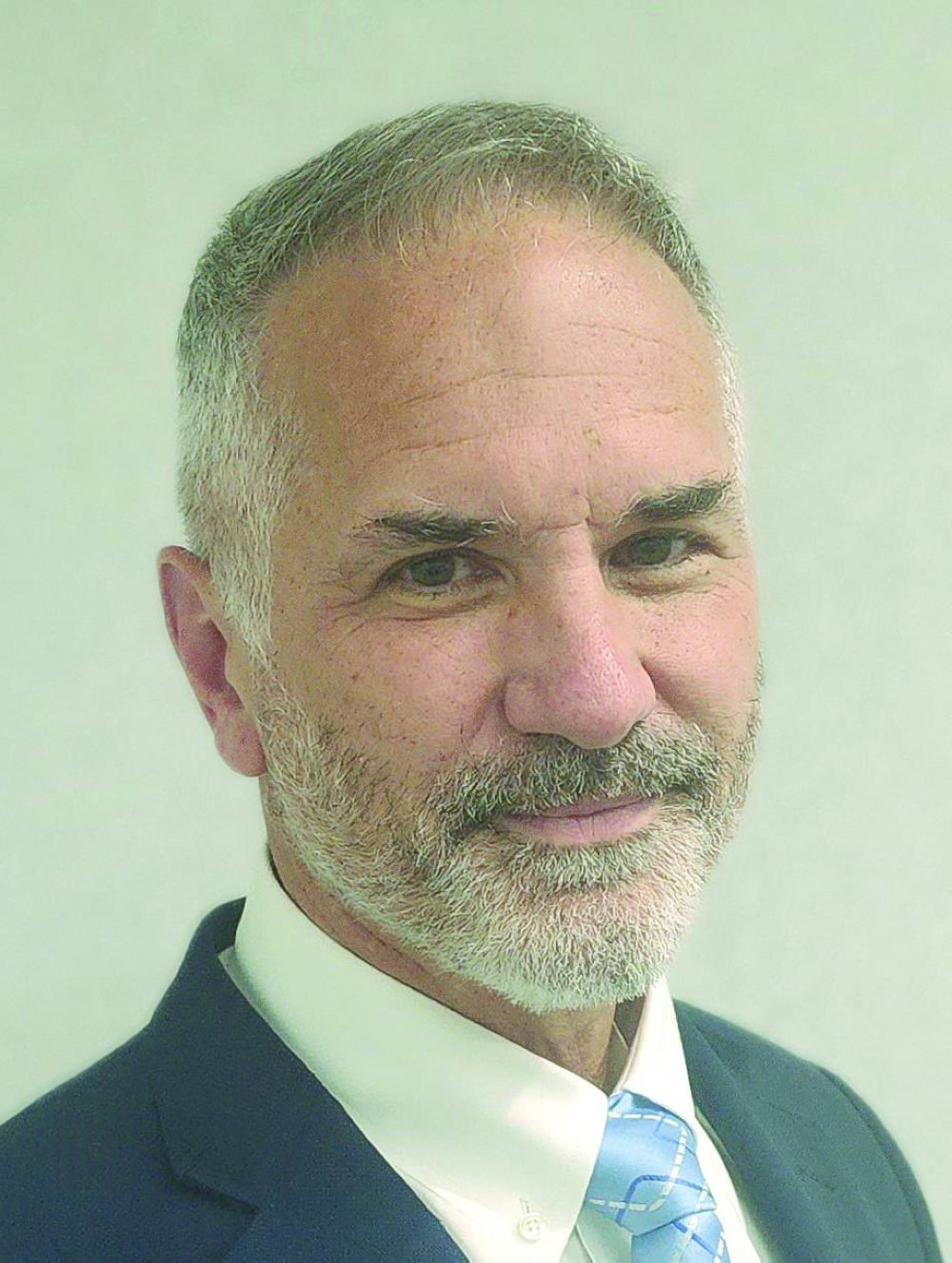The Pre-University Education ( PUE) at Qatar Foundation (QF) has launched several initiatives which include school counsellers, psychologists and Darb Clinic to support the students for their mental wellbeing, especially in the post Covid-19 scenario.
According to QF website, there are 13 schools under the PUE network with over 7,000 students and over 1,300 staff and faculty. They represent 49 nationalities and there are more than 6000 alumni.
“PUE has a team of counsellors in place at every school to ensure ongoing responsive approaches to wellbeing and mental health needs. There is also a psychologist in most schools, and available as needed across our schools, for issues that require a more individualised and long-term intervention,” said Edward Lawless - executive director, Academic Development, PUE.
“In addition to school-based staffing and interventions, the Darb clinic offers parents the opportunity to bring their children to a clinic outside the school day which adheres to the guidelines and quality associated with the professionals in our schools,” explained the official.
Darb initiative- Assessment and Psycho-Educational Evaluations- offers educational evaluations and therapy services for children and adolescents aged 3 to 18 years. The services are available in areas such as: Cognitive and psycho-educational evaluations; speech and language; occupational therapy; gifted and talented evaluations; psycho-education to parents and age-appropriate children/adolescents; counselling for social or emotional or behavioural concerns among others.
The official noted that PUE has started to collect comprehensive data on school climate, which includes many indicators relevant to student wellbeing.
“Each school receives training that invites a context-specific response to the needs indicated by the data. Responses are embracing intervention like increasing their counsellor to student ratio, reactivating positive behavioural strategies, implementing social-emotional learning curriculum, and actively engaging culturally responsive practices in their school. These efforts are supported by a new curriculum framework that promotes and holistic and student-centered approach to classroom instruction,” continued, Lawless.
Since the pandemic, PUE has seen an increase in safeguarding concerns, teacher burnout, teacher frustration in response to student behaviour, and behaviour from children that is not aligned with previous developmental norms.
The official pointed out that PUE teachers receive several training courses in mental health to help them identify and support students who may be facing mental health difficulties. In addition, there are on-going consultation and coaching available in PUE schools as specific needs arise.
He noted there are specific systems within PUE to assist students who are struggling with their mental health. “Our multi-tiered systems of support are specifically designed to differentiate between normal mental health challenges, needs requiring classroom-driven short-term solutions, and clinical needs. This system is driven by data, consistent collaboration, and highly trained staff who are ready to respond to clinically significant needs. In the rare case of a crisis that impacts the whole school, a crisis response team stands ready to intervene and support,” he added.

Edward Lawless

